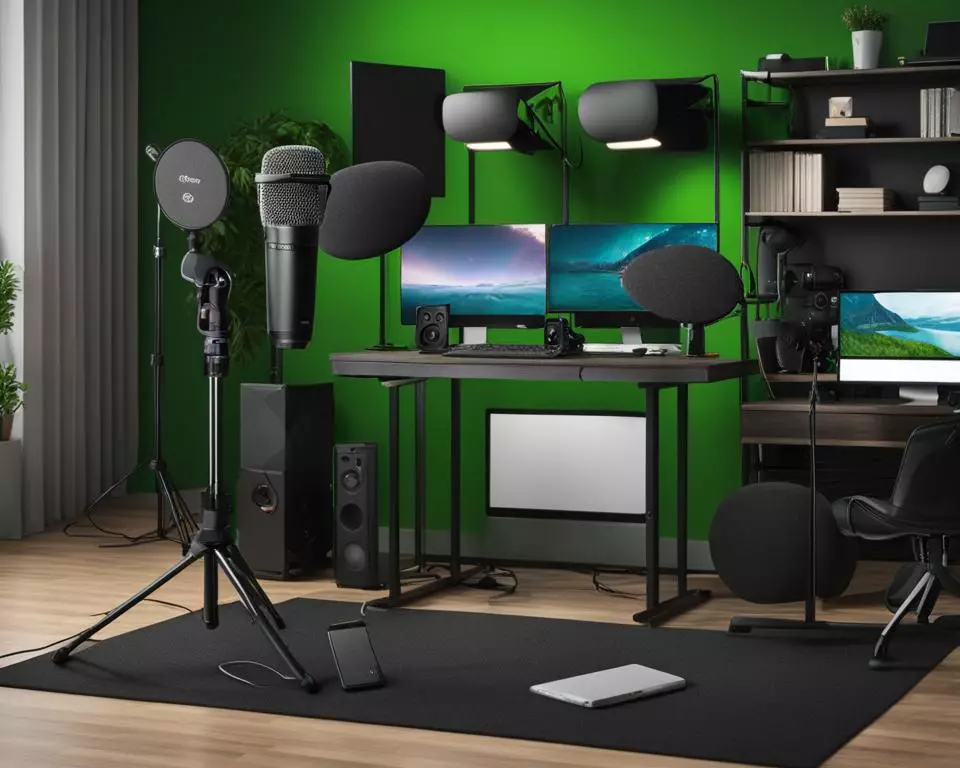Adverts
Technology has played a key role in transforming education, especially in the context of online classes. With the advancement of digital tools, more and more students and teachers are adopting online teaching as a flexible and affordable alternative. In this article, we will explore the technology of online classes and its benefits in modern education. The Technology of Online Classes.
Online Learning Platforms
Online learning platforms provide a virtual environment for teaching and learning, offering features such as course management, material storage, and student-faculty interaction.
Adverts
Videoconferences and Live Classes
Videoconferencing and live classes allow for real-time interaction where students can participate in discussions, ask questions and receive instruction directly from teachers.

Interactive Features
Online classes offer interactive features such as quizzes, educational games and activities that engage students more dynamically.
Adverts
Access to Digital Materials
Students have access to a variety of digital materials, such as electronic books, articles, videos and presentations, facilitating access to up-to-date and diverse information.
Forums and Virtual Communities
Forums and virtual communities allow for the exchange of ideas and the sharing of knowledge among students, promoting collaboration and the collective construction of learning.
Annotation and Sharing Apps
Annotation and sharing apps make it easy to organize and share notes, documents, and resources, enabling more efficient collaboration between students and teachers.
Online Reviews
Online assessments provide a convenient and timely way to assess student performance through digitally completed quizzes, tests, and projects.
See too:
Multimedia Resources
The technology of online classes enables the use of multimedia resources, such as videos, animations and simulations, enriching the learning process and making it more engaging.
Personalization of Learning
Online classes allow for personalization of learning, adapting the pace and content to individual student needs, providing a more personalized teaching experience.
Integration of Educational Tools
Online classes allow the integration of various educational tools, such as interactive whiteboards, simulators and specific applications for areas of knowledge, further enriching the learning experience.
Follow-up and Feedback
The technologies of online classes thus allow a more effective monitoring of students' progress, in addition to offering the opportunity to provide immediate and personalized feedback, helping in their development and continuous improvement.
Conclusion
The technology of online classes has revolutionized the way education is conducted. But with a wider range of resources and tools available, students have access to a more dynamic, personalized and flexible learning experience. In addition, teachers can take advantage of these technologies to promote more interactive and collaborative teaching.
Although online classes present challenges, such as the need for a good internet connection and adapting to new forms of interaction, technology has proven to be a powerful ally in the educational field. Thus, it provides learning opportunities beyond physical barriers, allowing students from different locations and realities to have access to quality education. The Technology of Online Classes.
Therefore, by exploring and leveraging the technology of online classes, we are opening new horizons for education, promoting inclusion, collaboration and continuous learning. But it is essential that educators and students are prepared to use these tools effectively, taking full advantage of the benefits they can offer. Thus, we will be building a more connected, innovative and accessible educational future for all.



